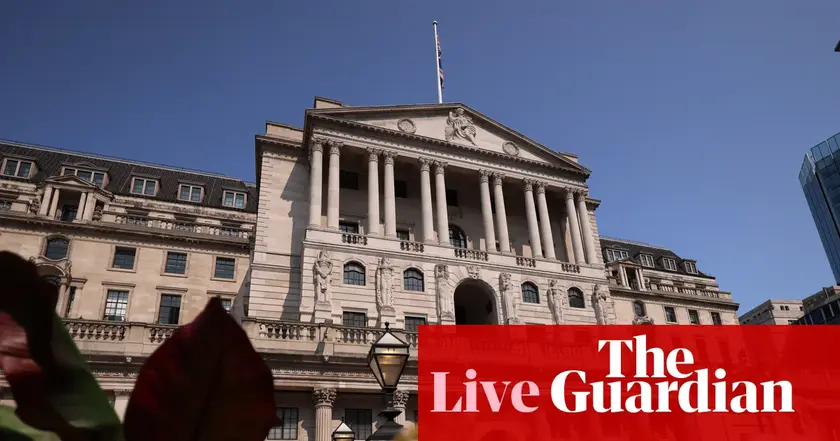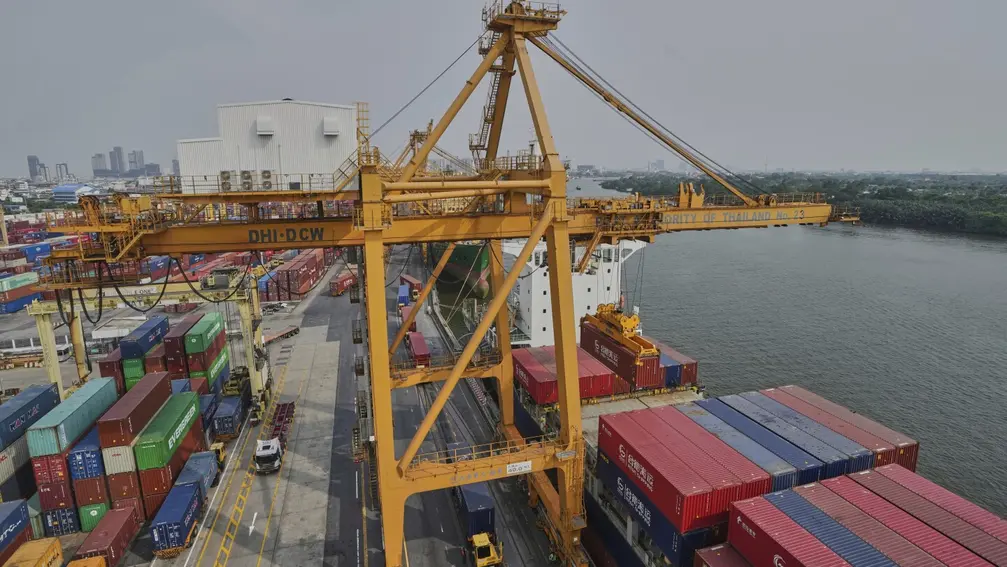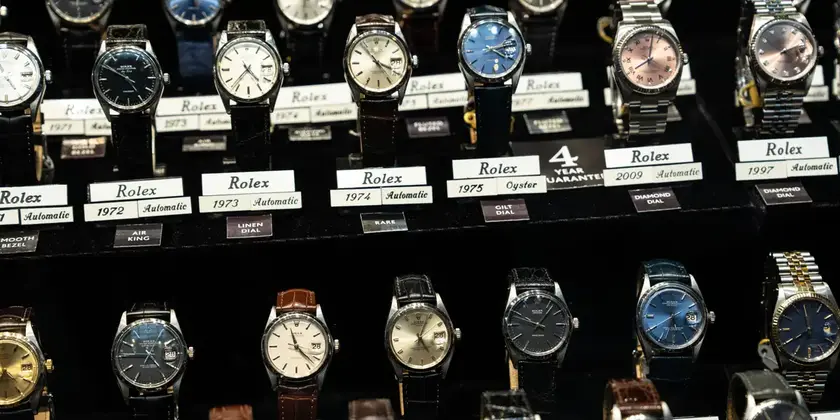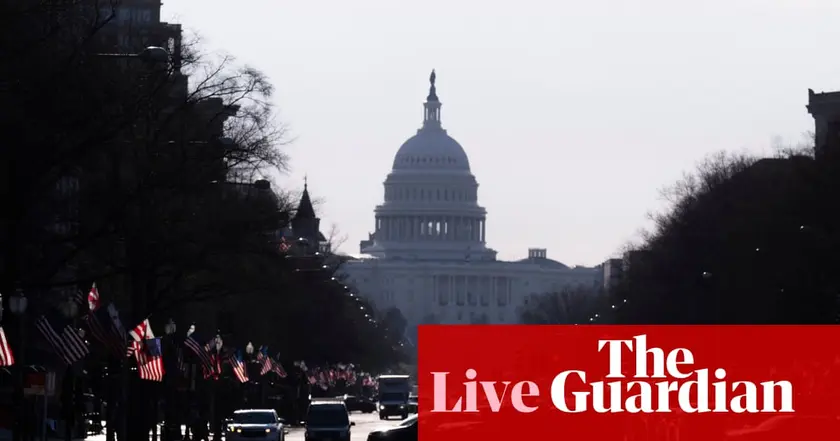T4K3.news
Swiss exports hit by 39% US tariffs
A broad range of Swiss goods face new punitive tariffs after failed negotiations with the US government.

A sweeping 39 percent tariff on Swiss exports to the United States has rattled manufacturers and could reshape trade links.
In Switzerland hope turns to fury as Trump tariff nightmare begins
A new 39 percent tariff on a broad swath of Swiss exports to the United States took effect after failed talks with President Trump. Pharmaceuticals and gold are spared for now, but many other products face steep costs. Swiss exporters like Thermoplan, Netstal and Breitling are weighing options as supply chains, pricing and production plans come under pressure. Thermoplan relies heavily on the US market, with almost a third of its CHF355 million in sales coming from America, and most components produced in Switzerland. Some firms are considering moving parts of production to Germany or building US hubs, a move that would take years. In Bern, a collegial government struggles to reach quick decisions, a factor reporters and business leaders say slowed negotiations and left Swiss industry unprotected.
The immediate impact is clear: customers in the US are delaying orders, and some manufacturers are stockpiling components or shipments. The tariffs have already stirred talk of higher prices in luxury watches and other high-end goods, and some companies warn of slower growth or job losses if the regime endures. The episode also intensifies the debate about Switzerland’s path toward deeper ties with the European Union as diversification options grow more attractive.
Key Takeaways
"Shock and disbelief. This is very unfair… there is no rationality."
Kohl on the tariff move and its fairness
"The Swiss people are perhaps too polite."
Kern on national negotiating stance
"I’m not in a position to pay 39 per cent more."
Davatz on US demand pressures
"Trump can change his mind one day to another."
Dreifuss on uncertainty of policy
The episode exposes a larger pattern: when a high-stakes tariff enters a small, export-dependent economy, a country with a tradition of measured diplomacy and precision manufacturing can feel exposed. The Swiss model values consensus and careful planning, but that approach can be a liability in a fast-moving dispute with a superpower. Firms that pride themselves on Swiss quality face a delicate balance between shielding prices and preserving the brand promise of Swiss Made. Looking ahead, Switzerland may lean more toward the EU to cushion exposure, and some companies may accelerate plans to spread risk across markets in Europe, Latin America, and Asia. The political lesson is blunt: in a world of cross-border supply chains, a single tariff regime can rewrite a country’s economic map overnight. The social risk is equally real, as price pressures and potential job losses could affect ordinary households and workers across sectors.
Highlights
- Shock and disbelief in a country that prizes calm markets
- The Swiss people are perhaps too polite
- I’m not in a position to pay 39 per cent more
- Trump can change his mind one day to another
Tariffs create political and economic risk for Switzerland
The 39% tariff introduces immediate revenue pressures for exporters, potential job losses, and higher consumer prices. It also raises questions about Switzerland’s strategic ties with the US and the EU, heightened by the country’s consensus political system which may slow decisive action during a crisis.
Diplomacy and diversification will determine the next chapter for Swiss industry
Enjoyed this? Let your friends know!
Related News

Trump imposes 39% tariff on Swiss imports

Tariffs hit Swiss watches

Trump tariffs take effect; Bank of England set to cut rates

Countries react to Trump's new tariffs

More than 60 nations respond to renewed US tariffs

Elon Musk awarded shares worth $29 billion

Stock markets fall sharply after Trump tariff announcement

39% Tariff Takes Aim at Swiss Watches
